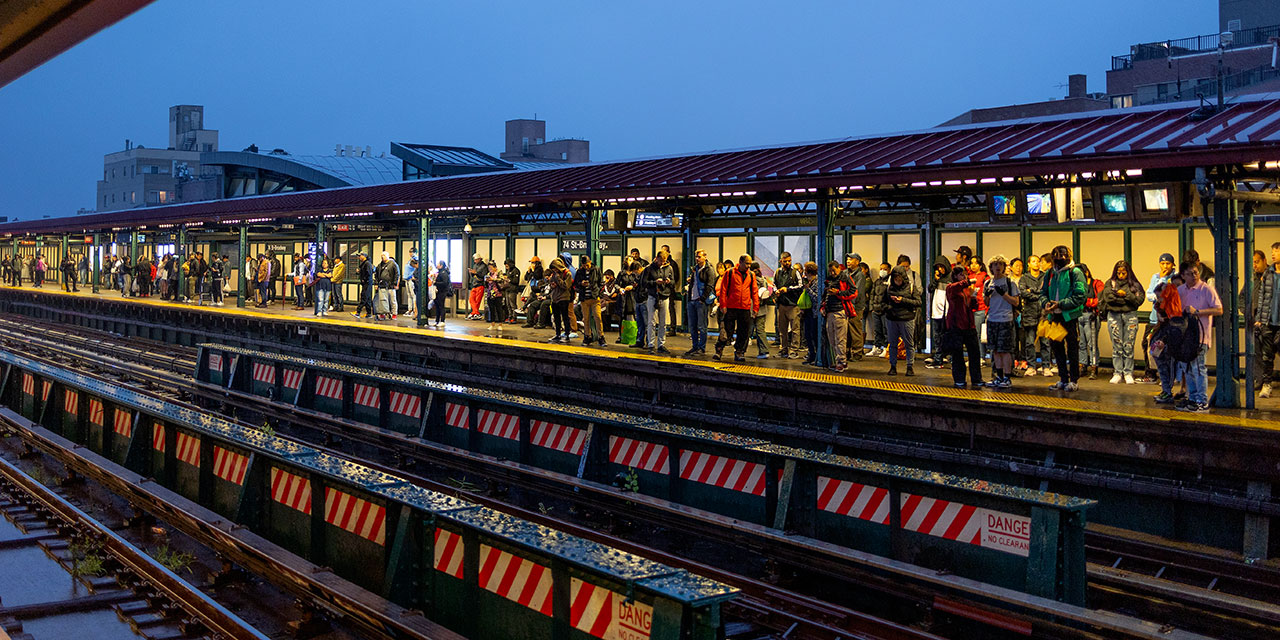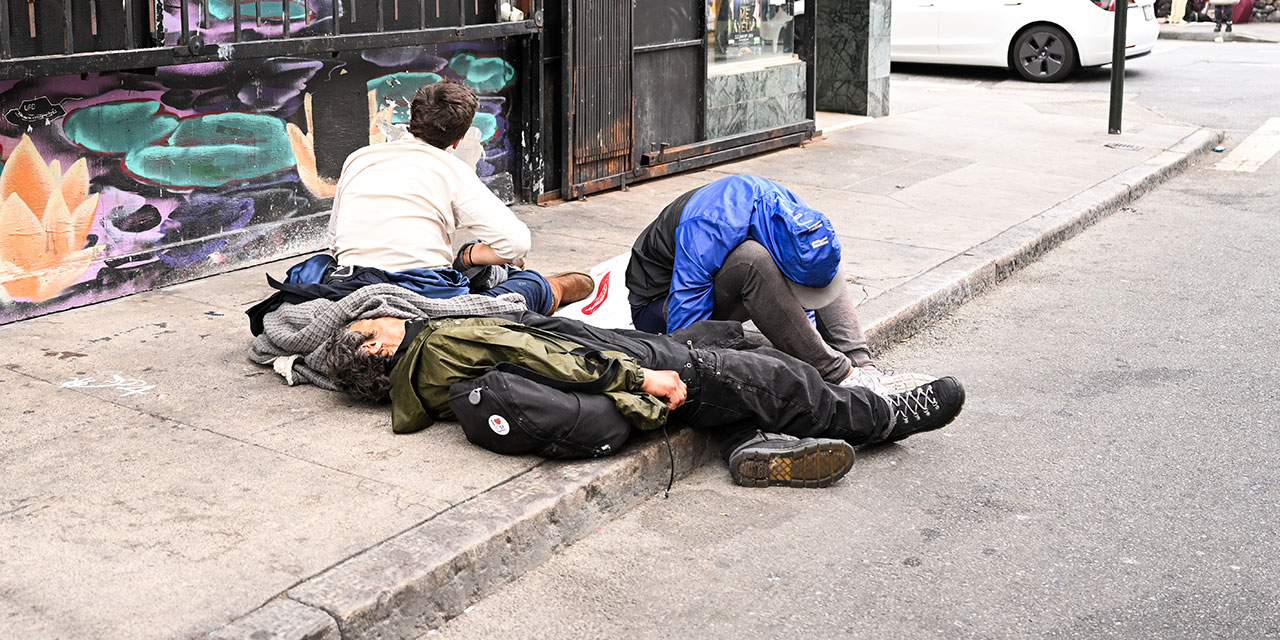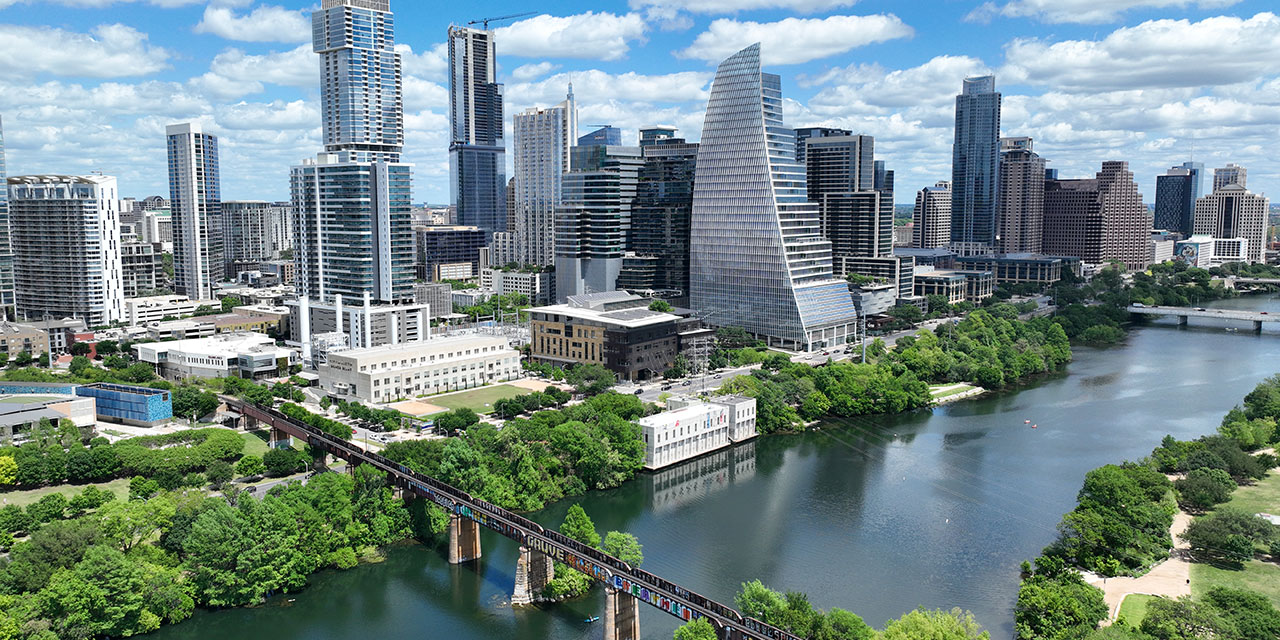Though Donald Trump and his legal teams lost 59 of the 60 cases that they filed, claiming that voter fraud cost him the 2020 election, controversies surrounding that vote are reshaping local election laws. This November, many voters will face stricter ID requirements and, in some states, will vote on further changes to election laws. These developments reflect reactions to an unprecedented election held during a viral epidemic.
Covid’s arrival in 2020 led to widespread travel and gathering restrictions, prompting many states to make temporary changes to their voting procedures. Alabama and Kentucky, for instance, suspended restrictions on absentee voting, and places like California and Illinois sent mail-in ballots to all registered voters. Texas and other states extended the period for early voting-by-mail. Some states suspended requirements for absentee ballots to be notarized. Others, including Virginia, allowed drop boxes, where ballots could be filed in lieu of showing up at the polls.
Finally, a reason to check your email.
Sign up for our free newsletter today.
The rapid expansion of voting options raised fears about election security, particularly from Trump’s campaign. A preelection poll showed that Trump supporters were more than twice as likely as Biden voters to say that they would vote in person, as they considered it more secure. A majority of Trump voters said that they weren’t confident that their mail-in votes would get counted properly. By contrast, Biden voters were far more likely to say that they would vote by mail.
Despite Trump’s futile legal efforts, states have spent the last four years changing their voting laws. In that time, eight states have strengthened voter ID standards, though a Montana court has overturned that state’s changes. Ohio, for instance, has narrowed the type of identification it will accept from voters to government-issued photo documents. Arkansas will no longer permit those showing up at the polls without proper ID to cast a ballot provisionally and then return later with ID to verify their identity. The state also moved the deadline to receive mail-in ballots earlier, to ensure that they are counted by Election Day. Idaho’s new law eliminates certain types of identification previously considered acceptable for voting, such as student IDs.
Meantime, Nevada will ask voters to decide in November whether to institute a voter photo ID rule. The state is one of only 16 to require no identification of any kind to vote. Nevada’s Republican Party heavily backs the referendum. The last state to enact a photo ID requirement through a similar direct vote was Nebraska, where 65 percent of voters in November 2022 cast ballots in favor of Initiative 432. That result wasn’t surprising. Though voter identification laws are often considered controversial, and even antidemocratic, particularly on the left, more than eight in ten voters, a Gallup poll found, approve of photo identification requirements, including 97 percent of Republican and 84 percent of independent voters.
States are walking back other Covid-era voting-expansion methods. At least seven states have banned or severely limited the use of voter drop boxes. Texas now requires that they be supervised by an “election security officer,” a move that will drastically curtail their use. New Mexico passed legislation requiring that all drop boxes be monitored by surveillance cameras and that video be retained by county clerks. Arkansas and South Dakota are among the states that have voted for outright bans on the use of boxes for collecting absentee ballots.
The latest trend in election law will be on November’s ballot in eight states: initiatives that would change the language of state constitutions to emphasize that “only” citizens can vote. Supporters argue that, amid growing “controversy about the extent to which non-citizens are already voting illegally” and the practice in some states of handing out driver’s licenses and other identification to illegals, states must clear up any confusion about who can vote in elections. Federal law prohibits noncitizens from voting in national elections, but many state constitutions are ambiguous on the subject, merely stating that “every citizen” may vote. These new initiatives would change the language so that it excludes others from voting and prohibits local governments from allowing anyone other than citizens to cast ballots in municipal elections. Currently, noncitizens can vote locally in Washington, D.C., while California, Vermont, and Maryland give municipalities the authority to let noncitizens vote in local elections.
Six states so far, including Alabama, Colorado, and Florida, have passed amendments to their constitutions with new language. In November, voters in North Carolina, Idaho, Iowa, Kentucky, Missouri, Oklahoma, South Carolina, and Wisconsin will vote on the same changes. Over the years, polls have consistently shown strong support for the limits described by this language. A national poll, taken after San Francisco’s controversial decision in 2018 to let noncitizens vote in some local elections, found 71 percent opposed to the idea. In a Boston.com online survey, carried out after city officials last year proposed allowing noncitizens to vote, 95 percent of respondents opposed it. In actual votes on the issue, amendments clarifying that only citizens can vote have won overwhelmingly, earning more than 60 percent of the vote in every case.
The vast expansion of voting options that states enacted during Covid continues to generate disputes. We’ll see the reaction at the ballot box this November, and more is likely to come.
Photo by Hannah Beier/Getty Images





